June 3, 2025 | 08:44 GMT +7
June 3, 2025 | 08:44 GMT +7
Hotline: 0913.378.918
June 3, 2025 | 08:44 GMT +7
Hotline: 0913.378.918
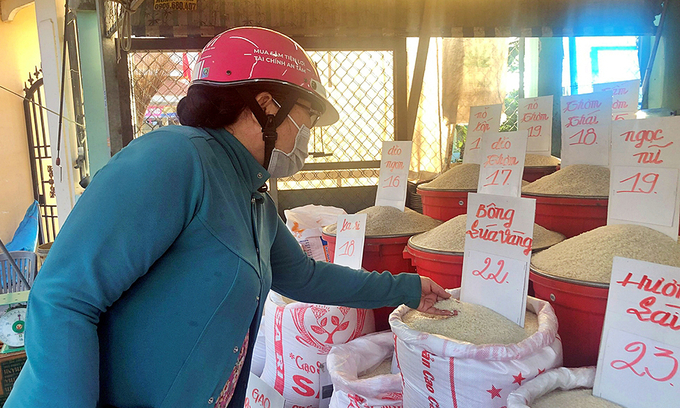
Prices of essential goods are likely to increase in 2024. Photo: H. Quan.
In Vietnam, inflation has increased from 1.8% in 2021 to 3.2% in 2022 and 3.5% in 2023 due to the COVID-19 pandemic. The IMF's Article IV consultation with its Executive Board anticipates that this trend will continue, with the potential to reach 4.1% in 2024.
The World Bank (WB) anticipates inflation at roughly 4.2% in 2024, which is consistent with the IMF's assessment. The main driver of this inflation is the increase in food prices. The prices of essential consumer products have increased as a result of the increased production costs, which have had a direct impact on the lives of individuals.
This inflation rate is consistent with the State Bank of Vietnam's anticipated range of 4 to 4.5%. In order to regulate inflation, commercial banks have progressively increased the interest rates on VND savings deposits. The savings deposit interest rates are expected to fluctuate between 0.1 and 0.5% as of the first day of October 2024.
Financial experts anticipate that this trend may endure until the end of 2024, particularly among joint-stock commercial banks. Despite the fact that inflation is increasing, core inflation remains relatively low and stable at approximately 4%, as directed by the government. In an effort to mitigate inflation, the policy interest rate has been increased to 5%. However, this has resulted in businesses encountering difficulties in obtaining loans.
The IMF commended Vietnam's effective inflation control, underscoring the necessity of ongoing circumspect monetary policies in the complex economic environment and limited policy space. The fund also expressed its appreciation for the advancements made in the pursuit of a more adaptable exchange rate and advised Vietnam to preserve and enhance its monetary policy framework.
The International Monetary Fund (IMF) anticipates that Vietnam's inflation rate will decrease to 3.5% in 2025. Nevertheless, the good news is that the country's economic growth rate is expected to remain consistent at 6.1%, consistent with 2024.
The IMF suggests that Vietnam prioritize fiscal policy in order to support production activities and economic recovery, particularly in the northern provinces that were recently impacted by Typhoon No. 3, as there is still fiscal space available and monetary policy relief is relatively limited.
Critical short-term measures include accelerating public investment and expanding the social welfare network to promptly assist vulnerable groups.
Additionally, the IMF identified several extant obstacles in the Vietnamese economy. If global growth fails to meet expectations, geopolitical tensions persist, or trade disputes escalate, exports—the primary economic motor of Vietnam—may experience a decline, according to the International Monetary Fund (IMF).
Prolonged vulnerabilities in the corporate bond market and the real estate market may have a more significant impact on the banking system's capacity to expand credit than anticipated, potentially undermining macroeconomic stability.
Delegate Thach Phuoc Binh, the Deputy Head of the National Assembly Delegation of Tra Vinh province, proposed the establishment of conditions that would facilitate financing acquisition by small and medium-sized enterprises. In addition, he promoted the creation of novel financial instruments, including green credit and capital mobilization through the stock market.
Translated by Linh Linh

(VAN) On June 1, a grand meeting was held in Ha Long city, Quang Ninh province, to celebrate World Environment Day and launch the National Action Month for the Environment 2025.

(VAN) From the meeting in Ha Long, the United Nations called for the establishment of a legally binding global treaty to end plastic pollution.

(VAN) ‘Accounting trick’ to support methane-emitting sectors undermines fight against climate change, say researchers.
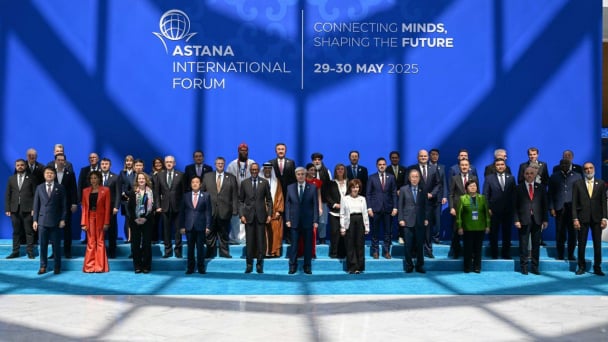
(VAN) Water conservation, transboundary cooperation and sustainable agriculture are key to securing the region’s future, says FAO Director-General QU Dongyu.
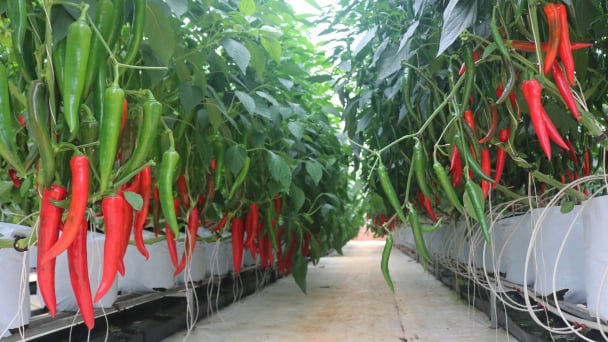
(VAN) Professor Dr. Mai Trong Nhuan believes that Lam Dong will serve as a 'supermarket' of green agricultural products for the entire country and a beautiful destination acting as a 'health charging station' for tourists.
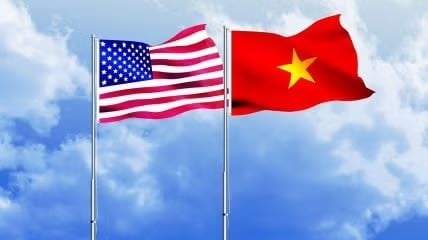
(VAN) A delegation of nearly 50 Vietnamese agencies, agribusinesses, and agricultural associations has officially begun its working trip to the United States.
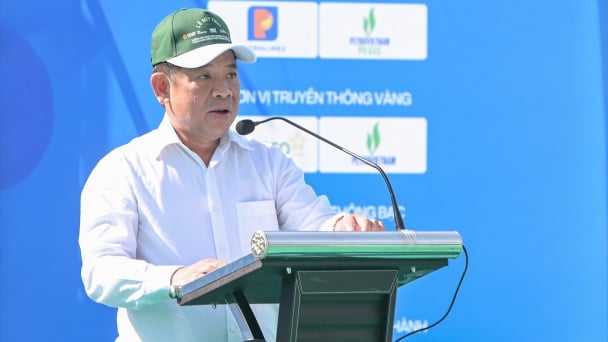
(VAN) Mr. Van Ngoc Thinh, CEO of WWF-Vietnam, warned that plastic waste is the starting point of a chain of ecological degradation and the decline of coastal livelihoods.